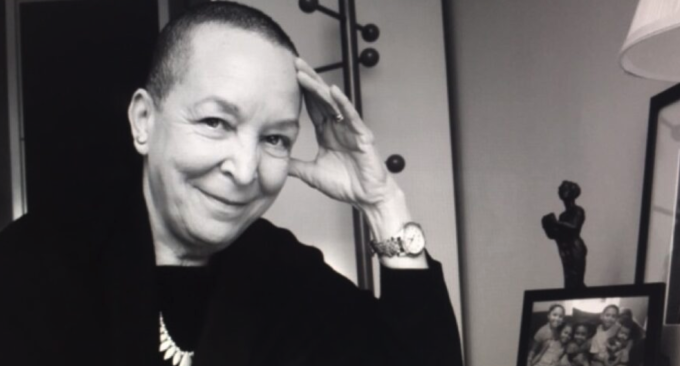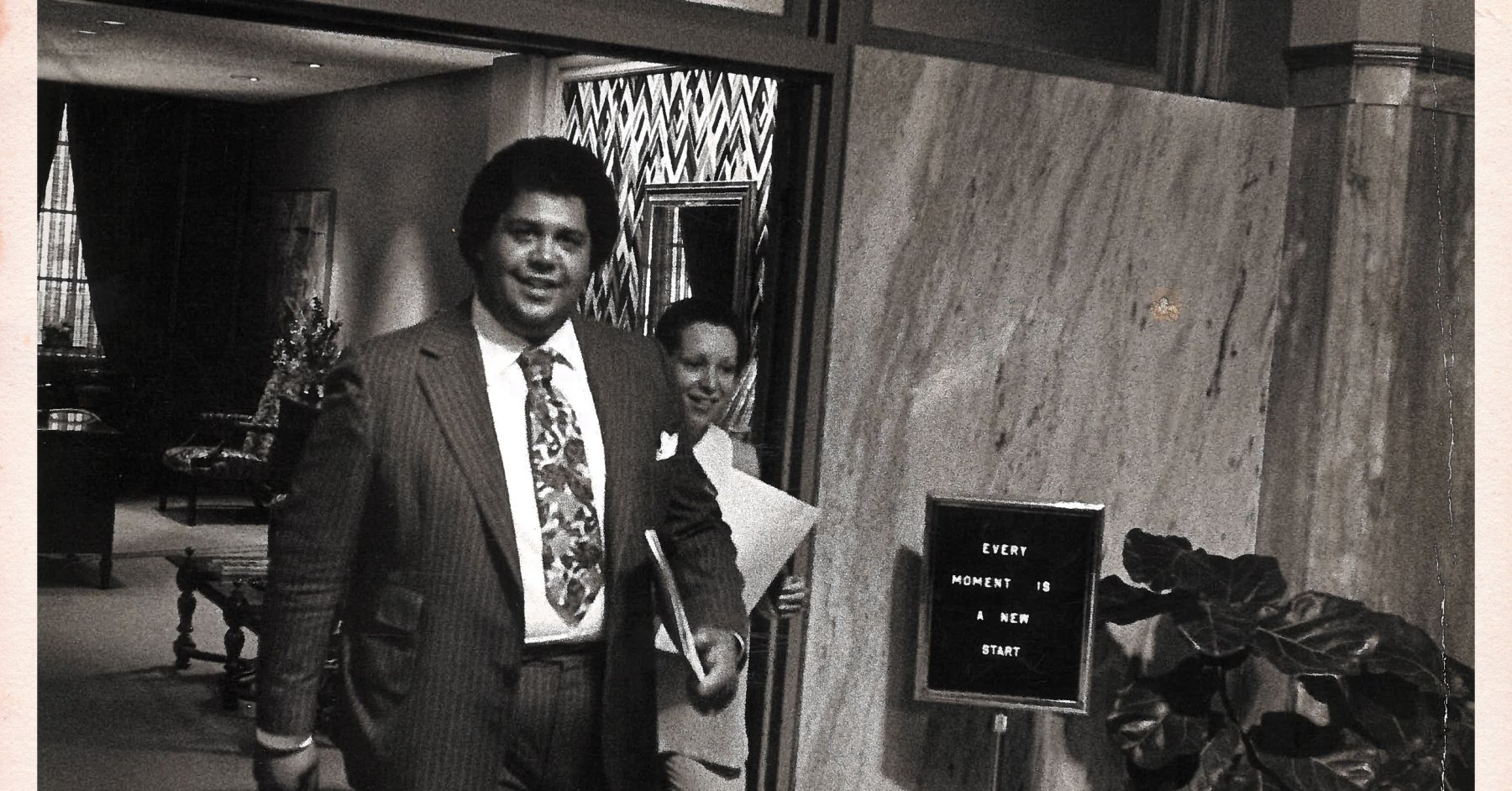
Artist-in-Residence and Playwright Pearl Cleage
In the simplest of terms, SOMETHING MOVING: A MEDITATION ON MAYNARD explores the historic election of Maynard Jackson, Atlanta’s first Black mayor. But quite honestly, it’s about much more.
“Maynard changed my life,” says Pearl Cleage, the Alliance Theatre’s Artist-in-Residence and playwright of Something Moving. “I had been raised in a radical, Black Nationalist family and went to Howard University in the mid 60s when we were protesting everything. When I came to Atlanta in 1969, Maynard was running for vice mayor.”
She happened to see him on television and thought he was incredible.
“He was saying all the things I wanted a politician to say. Just a big charismatic presence,” she remembers, adding that she asked the person sitting next to her at the time, “Who is that guy?”
Their response?
“’Oh, he's going to be the mayor!’ There was such a feeling that he was going to move everything we had fought so hard for forward,” Cleage says. “We all understood how lucky we were to have somebody like that ‘moving things’ forward. He was so in love with this city and that love exuded it in every single thing that he did.”
In that moment, she decided she would keep her eyes and ears open to everything he did. And she did.
“I’m sure I broke all journalistic objective rules,” she says.
When he launched his campaign for mayor, Cleage, who was producing a public affairs show for one of the local television stations, offered to write him a campaign speech. The speech led to her becoming the campaign’s press secretary. Her time as the campaign’s press secretary led to her becoming the Director of Communications for two years during his time in City Hall.
From that vantage point, as a member of Jackson’s inner circle, Cleage writes SOMETHING MOVING.
Because of Maynard, she not only learned Atlanta but learned to love Atlanta.
"I learned to love Atlanta the way he loved Atlanta,” she says. “Which is through the people. To be right there when people are mad that their trash didn't get picked up or the water wasn't on, or whatever it is. These are not big philosophical issues to people, but part of people's daily lives. It was exhausting and exhilarating, and life changing and life affirming because you knew the work you were doing meant something.”
Cleage sets the play in present-day Atlanta. Through the voices of nine characters representing a diverse mix of identities called citizens, audiences are taken back to that time 50 years ago. In thinking about these citizens, it was important to her that they represent Atlanta. It is 2024, not 1973, after all.
“By casting Black folks and white folks, Asian people and Latinos and Native Americans, and all of the people who are part of that story, even if they're not lifted up every time, we can see that the community we're talking about isn't just a small community,” she says. “It's a big community. It's what Atlanta looks like now. And Atlanta right now looks like America.”
We tend to think of Atlanta still in terms of Black and while, says Cleage, but Atlanta is such a diverse place.
“We talk so often about Black and white, Black and white, because we're in the deep South. We're in a former slave state, and we've never really dealt with that as a state,” she says. “We haven't really settled all of those issues, which is evident even today in the modern political discourse.”
She reflects to after apartheid ended in South Africa. As part of their move forward, the country organized truth and reconciliation commissions where citizens would have open dialogue about the effect of apartheid on society. The conversations were not had just with the victims, but the perpetrators as well.
“Bishop Desmond Tutu, who was a big force behind the reconciliation commissions, would say, ‘We can't move forward until we find a language to talk about the past, so we can sit in a room with each other,’” says Cleage.
That's why, as a writer, she is so fascinated with the power of language. She watched her father, as a very charismatic minister, use language to move people and help them understand very sophisticated concepts while also moving them emotionally. That's what she’s always trying to do in her plays -- make the ideas resonate but resonate in a way where everybody can understand it.
“That’s what I want. I want us to feel that way, and I want everybody who comes in to feel that way, you know. I want everyone to feel that we are a thing of beauty – as flawed and crazy as we are as human beings – we really are a thing of beauty and infinite possibilities. And if we get together, it’s just incredible what we can do.”
There's an exchange in the play where one of the citizens says early on, “Well, wait a minute now, this is the Mayor Jackson story, right?” And another character, known as The Witness, says, “Well, not really, you know, we start with him and all that, but it's really about…it’s not about him.” The woman responds, “Well, what is it about?” And The Witness says, “It's about you. It's about me. It's about us.”
That’s why, at its core, SOMETHING MOVING is a love letter to Atlanta. Cleage hopes this play does that as well – allow people to say, we – as in the City of Atlanta and its inhabitants -- are more beautiful than we thought we were.
“That's exactly what it is,” says Cleage. “A love letter is supposed to not only make you think about the beloved, but also see how that person sees you. When we receive one, we are like, ‘Wow, he's writing me a letter like this or she's writing me a letter like this. That means that I must look better than I thought I looked.’ If someone can see all that in me, I must be okay.”
Performances of Pearl Cleage's Something Moving: A Meditation on Maynard will take place on the Hertz Stage, August 2–11, 2024.




